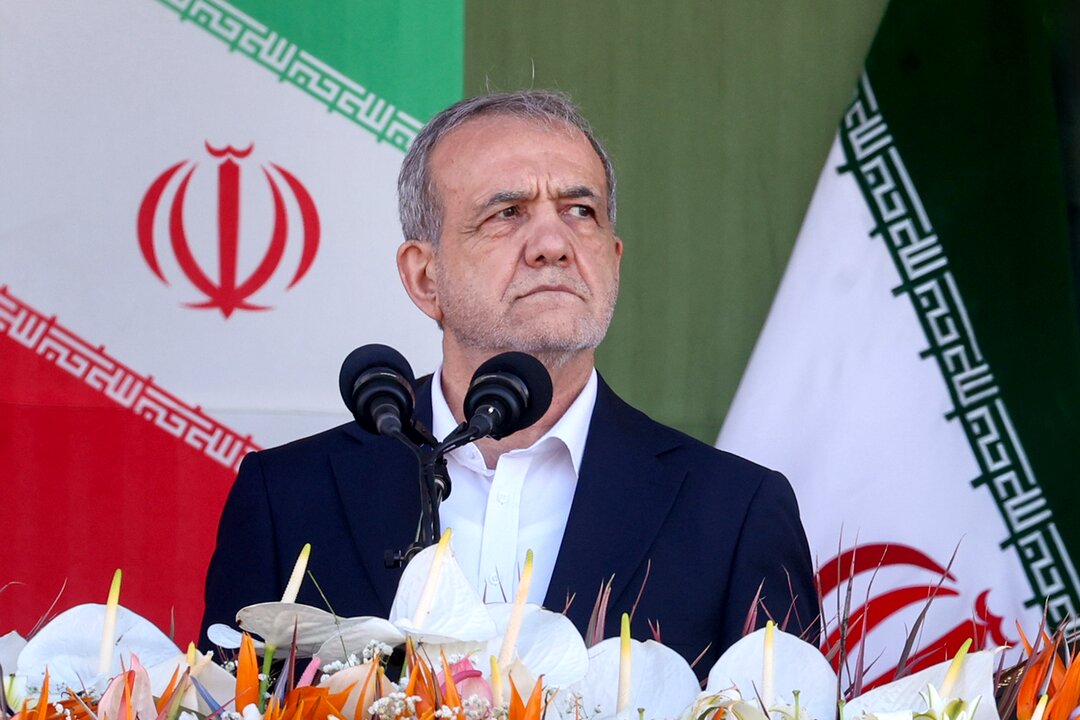
Similar Posts
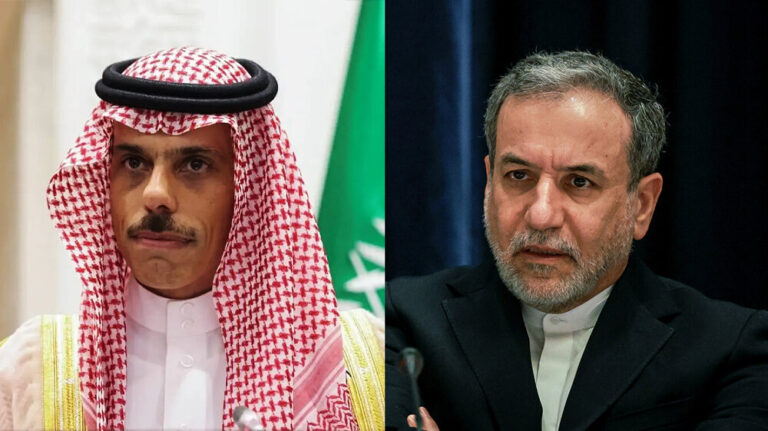
Iran and Saudi Arabia Unite Against Netanyahu’s Controversial Remarks on Palestine
Iranian Deputy Foreign Minister Abbas Araghchi expressed grave concerns over escalating US-Israeli proposals regarding Palestinians in Gaza, calling Israeli Prime Minister Netanyahu’s suggestions a “brazen act of provocation.” He warned these actions threaten regional stability and aim to erase Palestinian identity through forced displacement. Araghchi condemned the US’s role in promoting these plans, framing them as part of a colonial strategy against Palestinian sovereignty. Saudi Arabia, among five Arab nations, also opposed such proposals, insisting that rebuilding efforts must include Palestinian participation. The situation remains tense, with calls for international action to uphold Palestinian rights and oppose normalization of aggression.
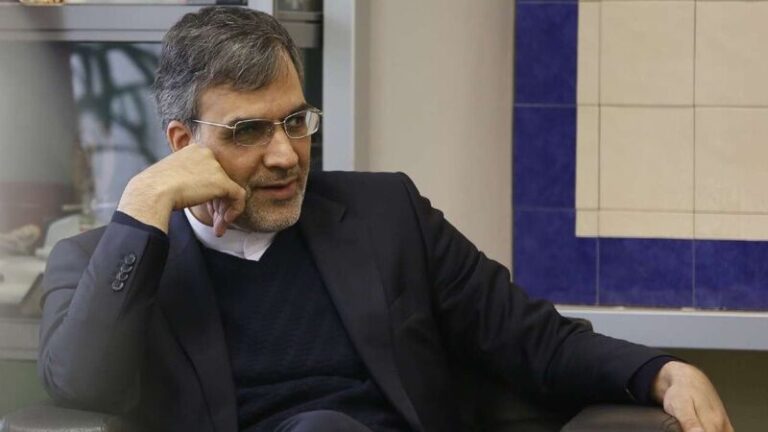
IRNA Unveils Bold New Strategies to Engage Fresh Audiences, Says CEO
In response to the evolving media landscape, Hossein Jaberi Ansari, Managing Director of the Islamic Republic News Agency (IRNA), emphasized the need for revised media strategies to boost audience engagement. During a visit to Bushehr, he highlighted the importance of understanding audience needs, adapting to market changes, and presenting diverse perspectives beyond just government views. Since assuming leadership in September, Jaberi Ansari aims to restore IRNA’s status as Iran’s national news agency. He warned that excessive politicization could threaten both governance and media integrity, stressing the need for IRNA to align with the president’s discourse for successful national representation.

2025 Tehran Dialogue Forum: A Dynamic Showcase of Mutual Understanding and Cooperation
The 2025 Tehran Dialogue Forum, held on May 18-19, received acclaim from Iranian Foreign Minister Abbas Araqchi for fostering mutual understanding and productive dialogue. The event, which included President Masoud Pezeshkian, Iranian officials, and international dignitaries, positioned Tehran as a key diplomatic hub. Araqchi emphasized the forum as a “powerful display” of engagement, transforming the city into a center for regional concord. He expressed pride in the Institute for Political and International Studies (IPIS) and gratitude to the attendees, highlighting the importance of diplomatic engagement in the current global landscape.
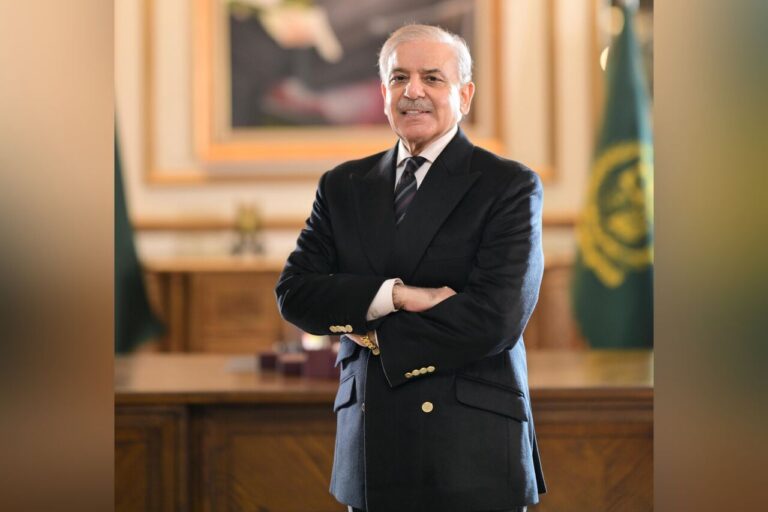
Solidarity in Action: Prime Minister Sharif Affirms Iran-Pakistan Unity in All Situations
Pakistan’s Prime Minister Shehbaz Sharif is set to visit Iran, highlighting the strong diplomatic relations between the two nations. In an interview, he emphasized the enduring partnership, optimistic about ongoing indirect nuclear negotiations involving Iran and the U.S. Sharif aims to thank Iran for its support during conflicts with India and to enhance regional cooperation. He stressed the importance of economic ties, targeting $10 billion in trade, and expressed support for Iran’s peaceful nuclear program. Additionally, he acknowledged Iran’s role in regional stability and addressed the need for resolution in Kashmir and Palestine for lasting peace.

Strengthening Ties: China Celebrates Tehran-Beijing Relations as Araqchi Prepares for Key Visit
Tehran and Beijing are strengthening their partnership, as highlighted by a Chinese Foreign Ministry spokesperson, Guo Jiakun. He emphasized the 54-year diplomatic relationship founded on traditional friendship, mutual respect, trust, and support. Both nations aim to enhance their bilateral ties, contributing to regional and global stability. In a related move, Iran’s Foreign Ministry spokesperson, Esmaeil Baqaei, announced that Foreign Minister Abbas Araqchi will travel to China, further solidifying diplomatic relations between the two countries. This visit signifies ongoing collaboration and commitment to mutual interests and peace.
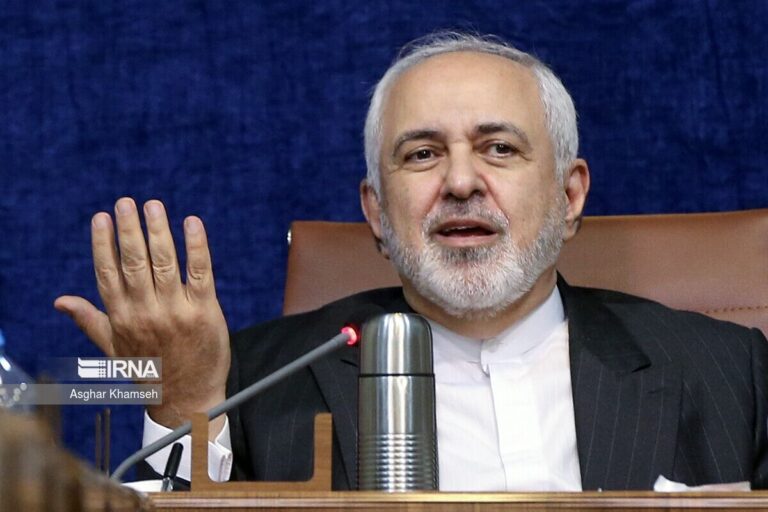
Iran’s VP Zarif Urges Removal of U.S. Influence from Foreign Policy Strategy
Iran’s Vice President for Strategic Affairs, Mohammad-Javad Zarif, recently stated the need to eliminate U.S. influence from Iran’s foreign policy during a conference in Tehran. He described the U.S. as a “nuisance” that complicates Iran’s international relations, asserting that engagements with regions like Africa and Europe should not revolve around U.S. disputes. Zarif emphasized that Iran’s foreign policy should focus on regional relationships and avoid pressuring other nations into anti-U.S. positions. He warned that without this strategic shift, countries may hesitate to strengthen ties with Iran, advocating for a more autonomous approach in international dealings.